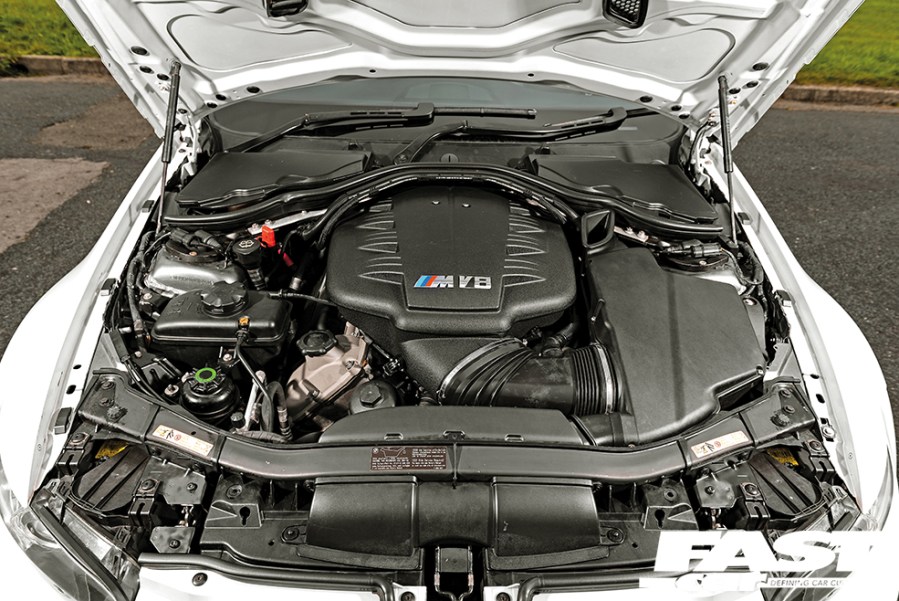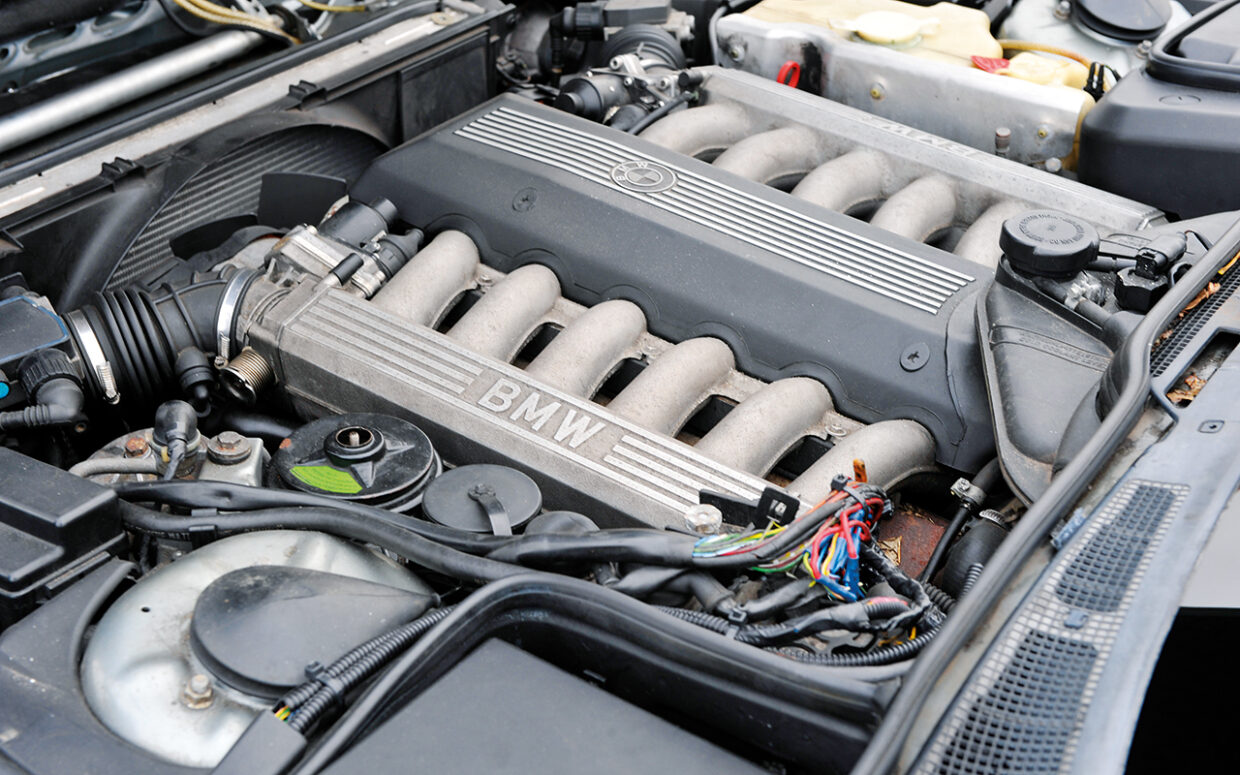The Development of the BMW Engine: A Look Back at Iconic Designs
The Development of the BMW Engine: A Look Back at Iconic Designs
Blog Article
Revealing the Intricacies of Next-Generation Power Units: a Deep Study Advanced Engine Innovations and layouts
As we stand on the precipice of a brand-new era in transport, the intricacies of next-generation engine designs beckon us to check out the innovative innovations and innovations that assure to redefine the driving experience. Delving much deeper into the realms of exhaust control, intelligent engine management systems, and the perspective of power unit growth, we find ourselves on the cusp of an improvement that promises to reshape the landscape of wheelchair as we know it.
Development of Engine Products

The shift in the direction of advanced engine materials has likewise made it possible for engineers to develop engines with greater power outputs while keeping gas performance standards. The usage of light-weight products minimizes the total weight of the engine, leading to improved gas economy and reduced exhausts. In addition, innovations in materials innovation have actually permitted better thermal monitoring within engines, leading to increased reliability and long life.
Turbocharging and Supercharging Technologies
Just How do Turbocharging and Supercharging Technologies revolutionize engine efficiency and effectiveness in modern vehicles? Turbo charging and turbocharging are modern technologies that substantially improve engine efficiency by boosting the amount of air intake into the burning chamber. Turbocharging accomplishes this by making use of a wind turbine driven by exhaust gases to pressurize the intake air, while supercharging uses a belt- or chain-driven compressor to attain the same result.
These innovations make it possible for smaller, more fuel-efficient engines to create power equivalent to larger ones, known as downsizing. Forcibly more air into the cylinders, turbocharging and turbo charging enhance burning effectiveness, causing boosted horse power and torque output without a substantial increase in engine dimension. This causes better acceleration, lugging capacity, and general driving efficiency.
Additionally, turbocharging and turbo charging contribute to enhanced gas efficiency by allowing the use of smaller engines that eat much less fuel under typical driving problems - bmw engine. This combination of boosted performance and efficiency has made turbocharging and turbo charging integral parts of numerous contemporary engine layouts
Exhaust Control and Environmental Impact
With enhancing worldwide issues regarding air quality and environmental sustainability, the application of exhaust control modern technologies in vehicles plays a crucial role in decreasing dangerous toxins launched into the ambience. Modern lorries are equipped with sophisticated emission control systems that help minimize the ecological influence of auto procedures. Catalytic converters, for circumstances, are made to transform harmful gases such as carbon monoxide, nitrogen oxides, and hydrocarbons into less hazardous substances like carbon dioxide and water vapor.
Additionally, improvements in engine modern technology, such as the combination of exhaust gas recirculation systems and careful catalytic reduction, have significantly contributed to reducing emissions. These technologies function in tandem to maximize combustion effectiveness and decrease the release of dangerous contaminants right into the air. Additionally, the advancement of crossbreed and electrical automobiles represents a critical step in the direction of lowering the overall ecological impact of the transportation sector.
Intelligent Engine Monitoring Solution

Additionally, these systems enable vehicles to meet stringent exhausts requirements without endangering efficiency, offering an extra ecologically pleasant driving experience. The combination of expert system and artificial intelligence capabilities in engine administration systems remains to push the borders of what is possible, bring about additional renovations in efficiency, dependability, and overall car performance. bmw engine. As vehicle technology developments, smart engine management systems will certainly play an essential duty fit the future of transport in the direction of have a peek at this website a more reliable and sustainable direction
Future Trends in Power System Growth
As intelligent engine administration systems pave the method for improved control and optimization in contemporary cars, future trends in power unit advancement are poised to redefine the landscape of automotive propulsion technologies. These alternative power resources supply check here boosted performance and efficiency while lining up with strict environmental regulations.
An additional substantial fad is the combination of sophisticated materials and making strategies. Lightweight products such as carbon fiber and light weight aluminum are being utilized to minimize general car weight, enhancing fuel effectiveness and performance. Additionally, advancements in 3D printing and additive production are making it possible for the production of complicated engine components with greater precision and sturdiness.
Additionally, artificial knowledge and artificial intelligence are playing an essential duty in enhancing power unit efficiency. These modern technologies enable real-time surveillance and adaptive control, leading to a lot more efficient and reliable power delivery. Generally, future trends in power system advancement are tailored towards efficiency, sustainability, and efficiency, driving the automotive market in the direction of a new age of propulsion modern technologies.

Final Thought
In conclusion, the developments in engine products, turbocharging, emission control, and intelligent administration systems have actually led the way for next-generation power units. The complex layouts and innovations in contemporary engines display the continuous advancement of automotive technology.
Exploring the modern advancements in engine materials has been critical in improving the efficiency and effectiveness of modern-day engines. Over the years, the advancement of engine materials has actually played an essential function in pushing the limits of what engines can accomplish.The shift towards progressed engine products has likewise allowed engineers to develop engines with higher power outputs while preserving fuel efficiency standards.The implementation of intelligent engine monitoring systems in click now modern-day lorries has actually reinvented the way engines are regulated and maximized for efficiency and performance. By collecting information in real-time and assessing it with innovative formulas, intelligent engine management systems can adjust to driving styles, environmental elements, and engine health to optimize power outcome while reducing gas usage and discharges.
Report this page